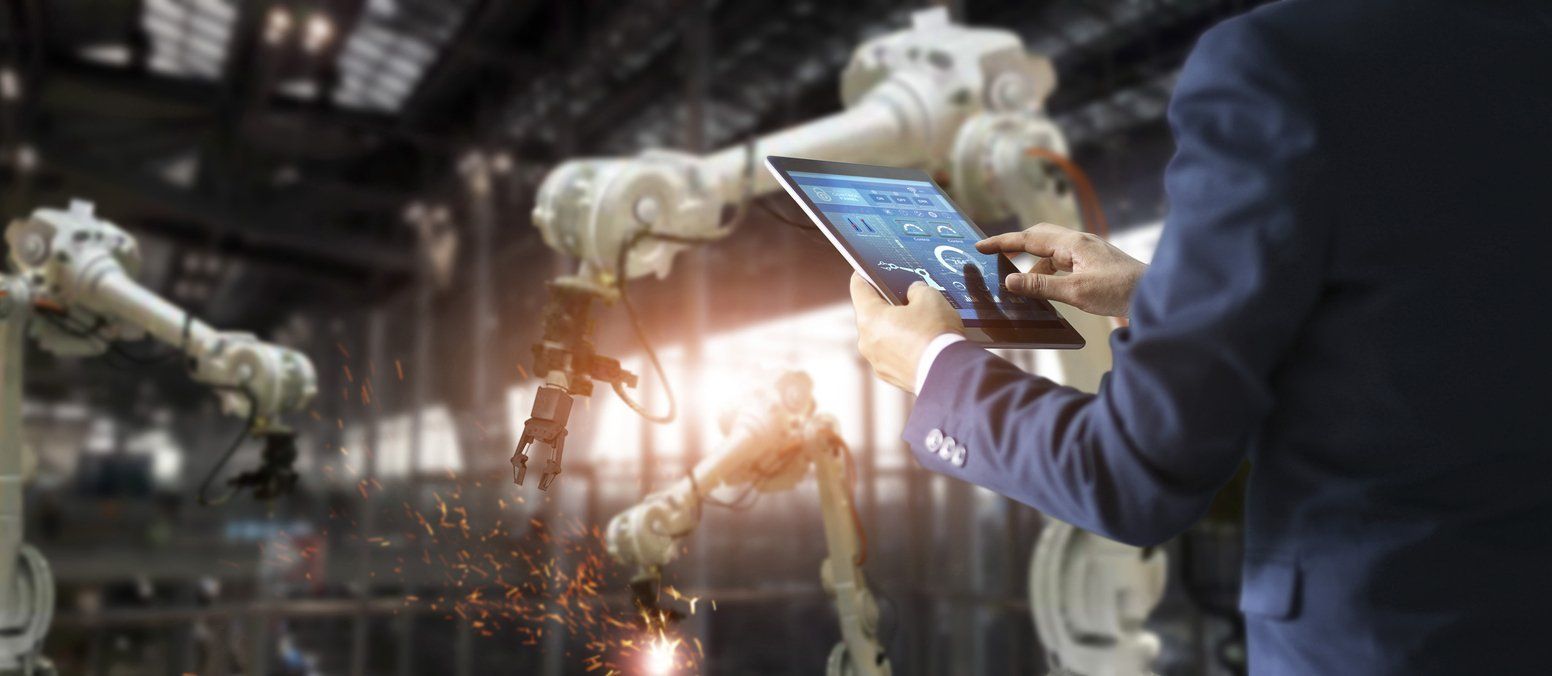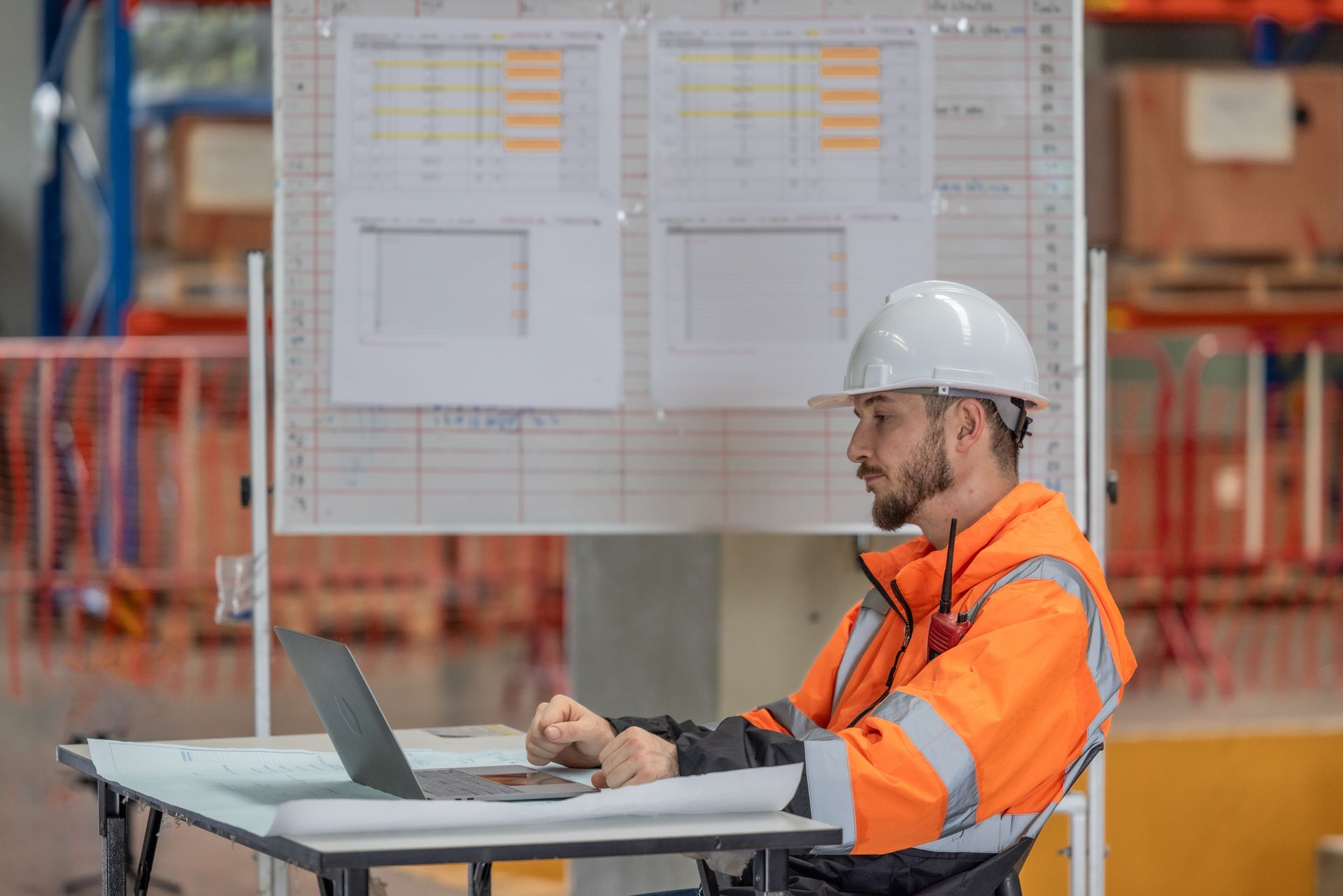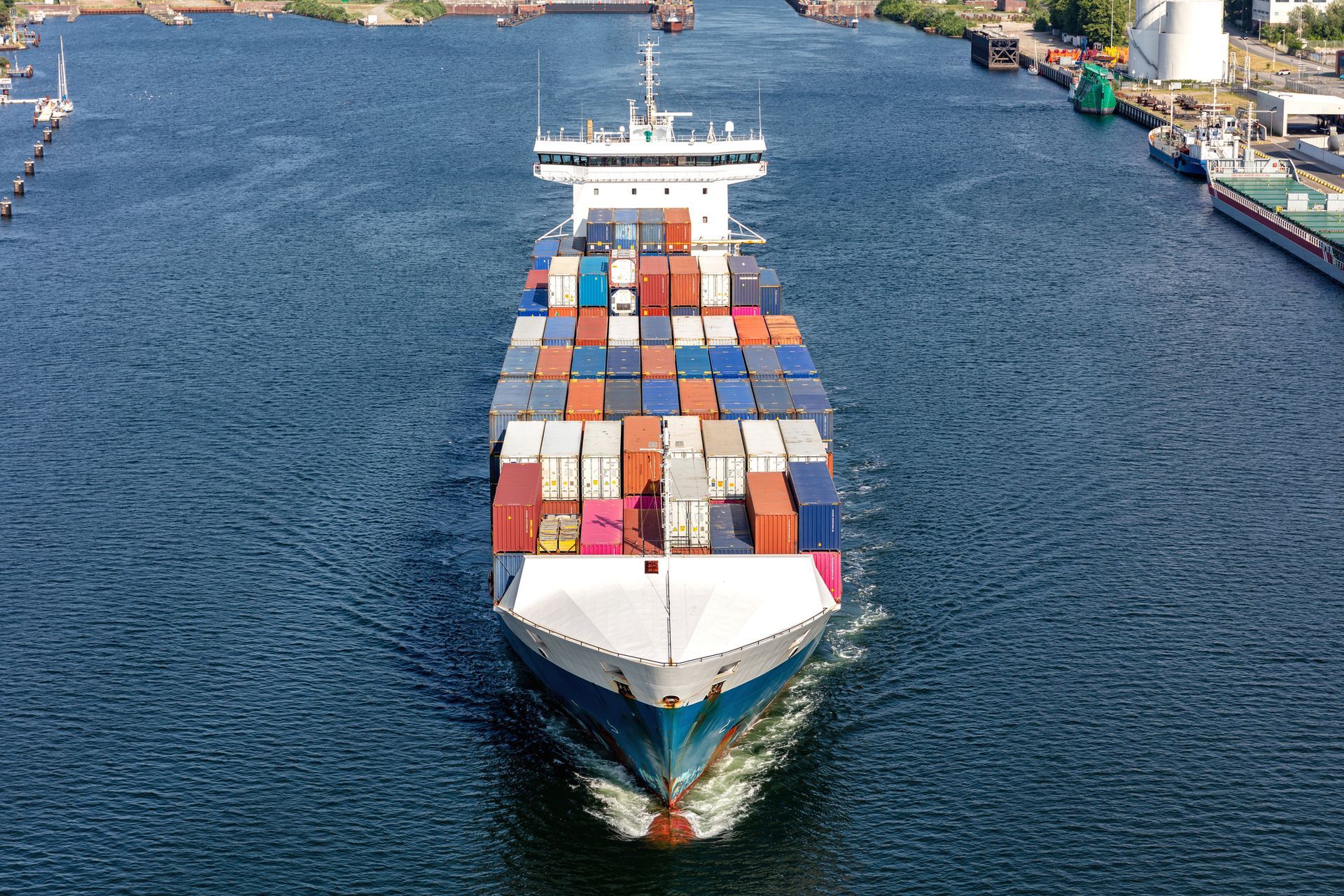
Logistics 4.0 is the result of the digital transformation that has been affecting all sectors. In different areas, technological changes share common goals: reducing deadlines, generating more security, less wear and tear, with a much lower possibility of damage to materials or transport cargo.
With this, Logistics 4.0 integrated into import and export activities proposes a more computerized process. Manual labor is replaced by machine control systems, robots, and computers, performing work more efficiently and safely, even preventing possible accidents.
Before reaching version 4.0, as in other areas, logistics went through some phases. To learn more about this journey and understand the impact of Logistics 4.0 on the way foreign trade is conducted, continue reading the text.
The Trace of Industrial Revolutions in Logistics 4.0
Logistics 4.0 is the result of the digital transformations that came with the fourth industrial revolution. It can be understood as a revolution in itself, that is, as the result of events within a historical period, capable of profoundly altering basic structures.
To reach the change that is now being implemented in logistics, we needed to go through the industrial revolutions. Each industrial revolution constitutes an important historical milestone, without which, no matter how rudimentary their achievements may seem today, we would not be able to achieve current technological development.
1st and 2nd Industrial Revolution
The 1st Industrial Revolution was marked by the creation of the steam engine, fundamental for the beginning of industrialization. With the 2nd revolution, the electrical, chemical, petroleum, and steel industries emerged, followed by progress in transportation means and communication techniques.
3rd Industrial Revolution
The 3rd industrial revolution introduces digital technology, whose primary effect is translated into long-distance communication. This period includes the first steps of automation, with the introduction of the internet and robotics, which have been progressing ever since.
At this time, some changes began that are now a routine part of our lives, such as e-commerce, which alters the possibility of purchasing products, distribution, and also inventory control.
4th Industrial Revolution
The 4th industrial revolution was responsible for modifying information transmission and introducing resources such as artificial intelligence, the Internet of Things (IoT), Big Data, Cloud, Machine Learning, among others.
Logistics 4.0 as a Revolution
It is possible to see how each of these revolutions transformed logistics. First, replacing manual processes with mechanical ones, with the creation of the first machines. Then, innovations in transportation means certainly brought a significant impact on processes.
Imagine that before the first and second industrial revolutions, everything was manual. An example of this scenario is thinking that in the colonial period, export and import products were gathered in nets, to later be separated at the port.
With the 3rd Revolution, logistics gained in organization and speed, resulting from long-distance communication means, machine improvements, and databases that evolve with robots and the internet.
So far, we can see the weight of innovations in logistics practice by thinking about how it would be if we didn't have all of this. On the other hand, Logistics 4.0 is a revolution that we are still experiencing. What does it bring us new? Are we already practicing this new logistics?
Where Does Logistics 4.0 Aim to Go?
The great challenge of Logistics 4.0 is the use of new technologies to carry out processes with less time and cost, but with a gain in quality. It is already well applied in some European countries and North America. However, other countries are still racing to adapt.
How Do Logistics 4.0 Processes Work?
Logistics processes involve some fundamental activities, such as acquisition, transportation, storage, packaging, distribution, and delivery. In Logistics 4.0, these processes continue but gain other resources to be carried out more efficiently. See some of these applications:
- Automation: Responsible for increasing the productivity of an entire work team, being able to reduce costs by preventing human errors, and also preventing fraud;
- AI (Artificial Intelligence): Enables the creation of efficient simulators in machines and processes, allowing an increase in the number of services;
- IoT (Internet of Things): Provides more integration and connection between the stages of each process. Following this order, a chain is created that will be fed by data provided by this sequence of stages, generating greater independence;
- Sensors and Simulators: To monitor loads, building more efficient routes, being able to minimize risks;
- Real-time Connection: With the possibility of data storage in the cloud and data integration, more efficient management is created, being able to control fleet, inventory, and also purchases.
The Main Technologies of Logistics 4.0
In addition to the Internet of Things and Artificial Intelligence, which we mentioned in the previous topic, there are other technologies that also meet the objectives of Logistics 4.0:
1. Machine Learning
It is the ability of a machine to learn beyond its initial programming. From the repetition of patterns, it critically analyzes the information received. Once related to Logistics 4.0, it can improve data directly linked to security and inventory, also increasing the agility and precision of equipment.uipamentos.
2. Cloud Computing
Cloud computing allows data to be allocated on virtual servers on the web. With this, it dispenses with the maintenance of physical servers and provides greater mobility, as files can be accessed from anywhere.
3.Big Data
Important technology in many points of the chain, as it deals with the analysis of a large volume of unstructured data. The function of this technology is, with this data, to establish a relationship between them. This work can provide the logistics sector with a broad and more strategic view of the entire company flow.
4.Digital Twin
Technology that allows creating a virtual 3D copy of a physical reality. This allows simulations to be carried out without affecting or putting the real object at risk.
5. BPMS
This is the Business Process Management Suite, which is an integrated solution with software capable of allowing the management of the company in an automated way. The use of this technology is extremely important for creating a connected and more efficient environment, with all business areas integrated and speaking the same language.
How Does Logistics Add Value to Businesses?
Investment in Logistics 4.0 processes helps to enhance results. Resources such as data analysis and intelligent systems, capable of self-optimization and self-configuration, provide a connected, fast, and optimized dynamic.
For such applicability, it is necessary to promote a change in corporate culture and bet on the integration of all agents involved in the operational flow. The effective implementation of Logistics 4.0 brings many benefits to companies in various sectors, among which we can highlight:
- Cost reduction;
- Decrease in losses and errors;
- Increase in safety and precision;
- Streamlined processes;
- Improved use of equipment, inputs, and fleet;
- Agility in responses;
- More qualified and efficient decision-making;
- Operational efficiency;
- Real-time information.
All the use of technology and its impacts on the quality of the enterprise increases the customer's confidence in the brand, besides contributing to their satisfaction and loyalty.
Logistics 4.0 makes a difference in companies from the moment it promotes the transformation of production means, which includes the way people live and consume products. It can make all the difference in keeping your business competitive.
Related to logistics, the modes and modalities of transport chosen by companies for import and export are also determinants in business performance. Therefore, we brought another material for you to update on the subject.
Continue a navegar no blog da Allink

Mantenha-se informado sobre o comércio exterior
Assine nossa newsletter e receba atualizações semanais de forma gratuita sobre o mundo da logística.




